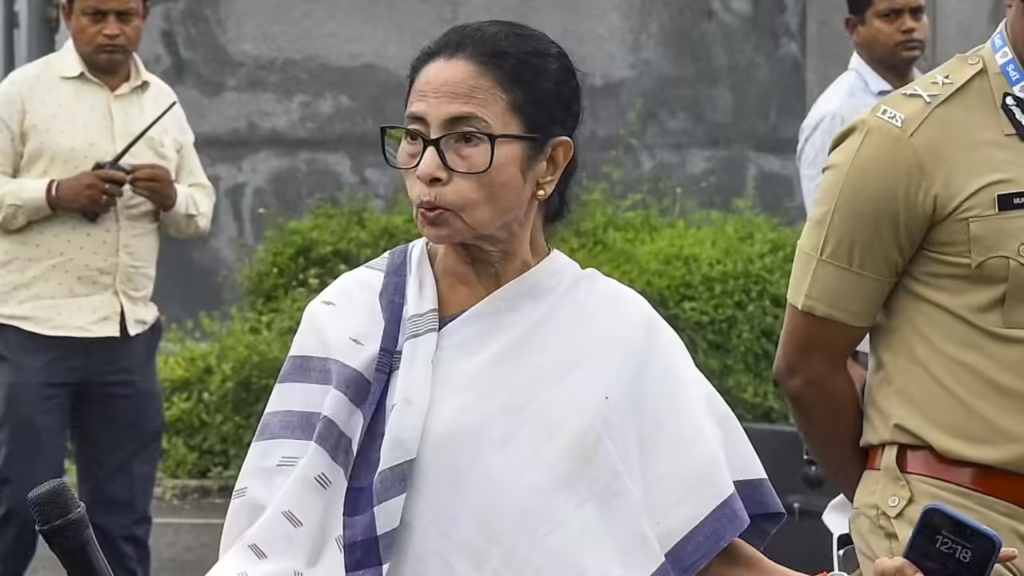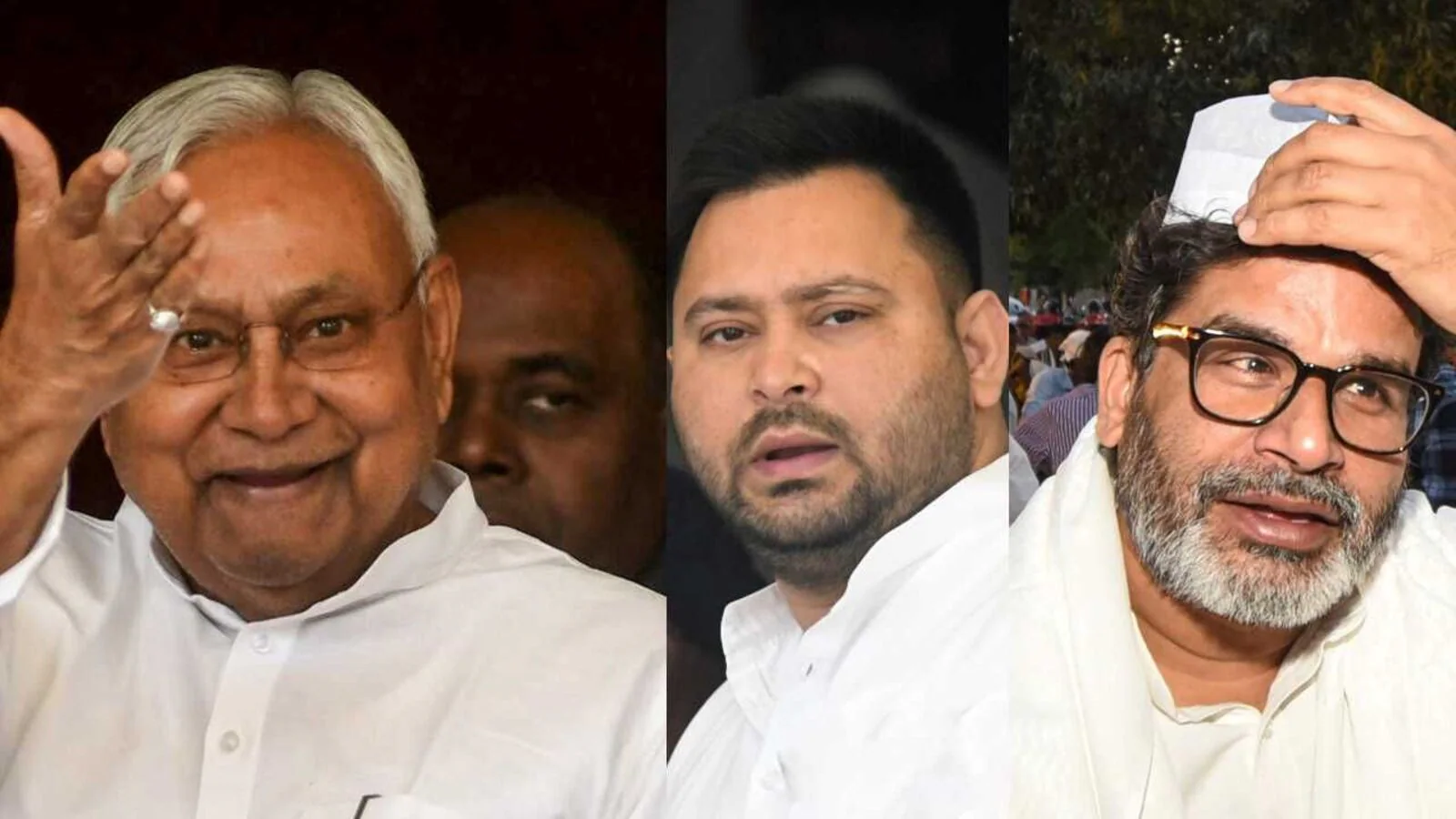Now Reading: AP Minister Cracks Down on Spurious Liquor: What It Means for Public Safety
-
01
AP Minister Cracks Down on Spurious Liquor: What It Means for Public Safety
AP Minister Cracks Down on Spurious Liquor: What It Means for Public Safety

Andhra Pradesh’s excise minister, Kollu Ravindra, has adopted a hardline stance against the production and sale of fake liquor. With reports of deaths linked to adulterated alcohol, the government says it’s now going all in—strengthening enforcement, launching quality-control labs, and branding districts illicit-liquor-free. For people in smaller towns, the policing of spurious liquor is more than politics—it’s about life and trust in governance.
What’s new in AP’s approach
Ravindra says that 21 districts have been declared “illicit liquor-free” under the state’s Navodayam initiative. He claims enforcement wings are working more effectively now, border checkposts have been reinforced, and five testing labs have been set up to monitor liquor quality.
In a recent raid tied to the Mulakalacheruvu case, officials reportedly seized fake labels, containers, sealing equipment, and cartons of adulterated liquor. Charges have been filed, and some individuals arrested. The minister also warned that those spreading misinformation—especially over social media—will face legal action under BNS provisions.
Why the move matters in smaller towns
In Tier 2 or Tier 3 cities, illicit liquor often circulates under the radar—cheap, unbranded, and sometimes lethal. When enforcement is lax, many believe cheaper alternatives are their only options. Stronger policing and lab tests may curb this trade.
Moreover, in smaller towns, news of deaths or illnesses linked to drinking often becomes local rumor. A more transparent, accountable crackdown can help rebuild faith in official mechanisms. If people see action rather than rhetoric, that could steer them away from riskier, unregulated sources.
Challenges and doubts
The government faces difficult terrain. Completely rooting out illicit production in remote areas is no small feat. Some critics argue political bias is creeping in—accusing opponents of exaggerating the death toll by linking every casualty to fake liquor.
Also, setting up labs is one thing; ensuring timely testing, audits, and public reporting is another. Success hinges on consistent oversight, accountability, and resisting attempts to politicize enforcement.
What citizens should watch for
Residents should look for evidence of transparency—publicized test results, clear communication about scheduled raids, accountability for officials involved. Local NGOs, citizen groups, media outlets all have a role in monitoring.
For drinkers who use licensed vendors, they should check labels, purchase receipts, legitimate packaging. In small towns, awareness still lags—so every safeguard counts.
Conclusion
The crackdown in Andhra Pradesh signals that state leadership is taking spurious liquor seriously. In smaller cities, where consequences are immediate and personal, the impact could be life-saving—if enforcement stays firm, transparent, and insulated from political interference. For citizens, it’s a moment to stay alert and demand action, not just announcements.

























